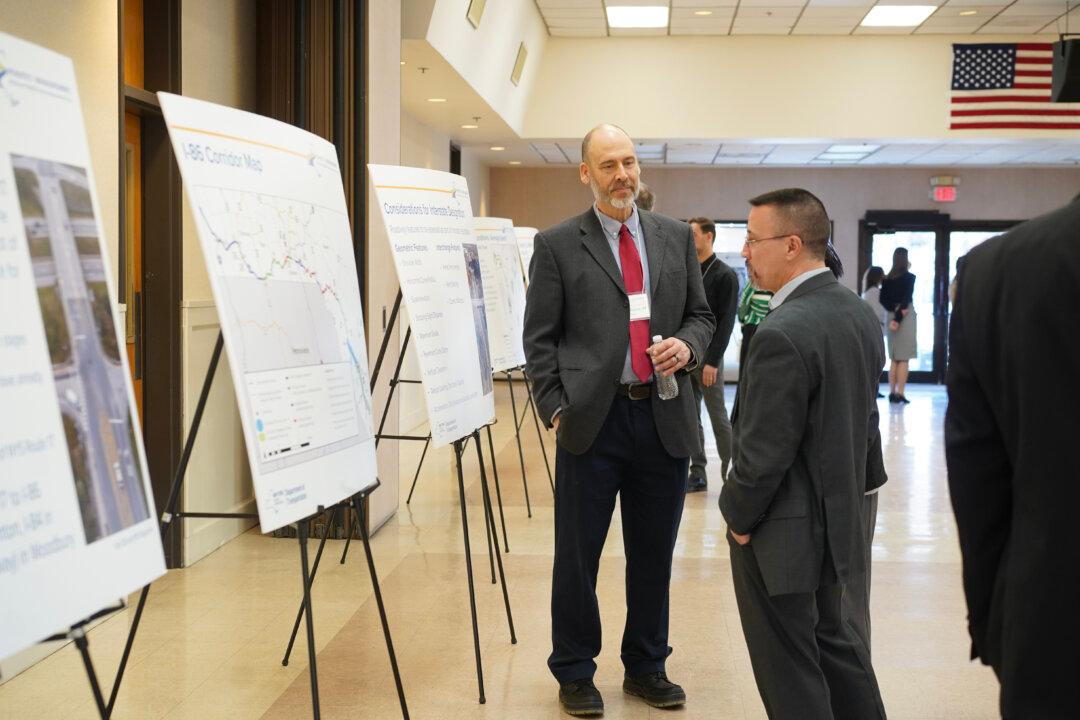The state should figure out in two years how to upgrade 30 miles of Route 17 in Orange and Sullivan counties to interstate standard, the highest grade within the U.S. roadway system, according to the New York State Department of Transportation (NYSDOT).
And that entails whether to add a much-anticipated third lane in both directions, NYSDOT Hudson Valley region spokeswoman Heather Pillsworth said. “It is not definite, but it is a possibility.”





